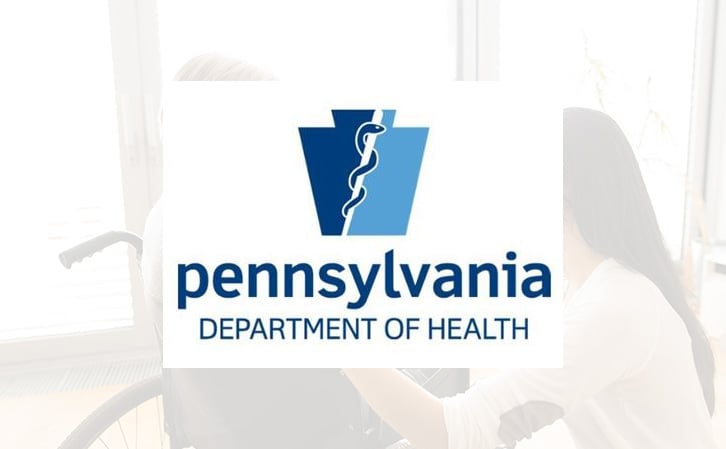Pennsylvania Head Injury Program

For people with brain injuries in Pennsylvania, the Pennsylvania Head Injury Program, also known as HIP, is one of the most important resources in the state. Helping pay for a wide variety of rehabilitation services, the goal of the Pennsylvania Head Injury Program is to help individuals with traumatic brain injuries live independently in their homes and communities.
Created in 1998 thanks to the Emergency Medical Services Act passed in 1985, the Pennsylvania Head Injury Program has a robust budget. A $10 surcharge is added to all traffic violation fines to help pay for the program. $3 million is generated yearly because of this surcharge and 25% of this money is used to pay for medical rehabilitation services for its clients.
An individual can receive up to $100,000 for rehabilitation services as well. $8,000-$15,000 is typically spent however on a client each year. Approximately 36 individuals are enrolled. Case management and other services, such as day programs, are also covered. To learn more about the Pennsylvania Head Injury program, check out our overview below.
Eligibility Requirements

To be eligible for the Pennsylvania Head Injury Program, you must qualify for a variety of criteria. Firstly, you must be a US citizen and you must have been a Pennsylvania resident at the time of the injury, as well as when you apply. You must currently be living in the state.
Also, your brain injury must have occurred after July 2, 1985; not before. The brain injury must also not be related to a birth defect or from a stroke, and they cannot be in a comatose state. They must be awake and able to participate actively in the short-term services that are provided.
Furthermore, all applicants must be at least 21 years old and they must meet the income guidelines, including having income at or below 300% of the Federal poverty level. To be enrolled in the program, they must have first exhausted all other financial resources and health insurance programs too. After completing an application, you must be assessed to determine if your needs can be addressed adequately by the program.
Services Provided

A wide variety of vital services to help people with brain injuries be independent are provided by the Pennsylvania Head Injury Program. For those who need assistance enrolling, this service is provided. Service plan development assistance is also offered, which pairs an individual with a case manager to help them create a plan to help them thrive. Case management is a huge service offered by this program.
Rehabilitative services are the most prominent service covered by the Pennsylvania Head Injury Program. Physical, occupational, cognitive, and speech therapy are all covered as long as the services are first denied by other financial resources. Caregiving is also covered by the program. Besides, behavioral management therapy, life skills training, therapeutic recreation, psychological services, and work skills services are services provided by the HIP.
And these services can be provided outside of the home as well. Residential facilities and outpatient day facilities are both allowed as locations where services can be provided. Life skills training is the most popular service of the Pennsylvania Head Injury Program.
And lastly, a free printable brain injury wallet card is also offered on HIP’s website. This wallet card identifies you as a person with a brain injury and lists symptoms that you may display that is associated with your injury. It also has a message detailing how you like to best communicate. Check it out here: https://www.health.pa.gov/topics/Documents/Programs/Brain%20Injury%20Wallet%20Card.%20v%204.pdf
How to Apply
To apply to the Pennsylvania Head Injury Program, you'll need to be officially enrolled. For this to occur, you must call 1-(866)-412-4755. You'll be asked a few simple questions and you'll be mailed an application. You'll next be paired with the pre-enrollment assistant coordinator who will help you complete the application.
The Pennsylvania Head Injury Program is a great service. It is important to note however that they do not offer emergency funding and many people must wait for help. Try to find additional financial resources in addition to this program while waiting to be enrolled.
- Learn more: https://www.health.pa.gov/topics/programs/Pages/Head-Injury.aspx
Stay Updated on Advancements On Traumatic Brain &
Spinal Cord Injuries
About the Author




